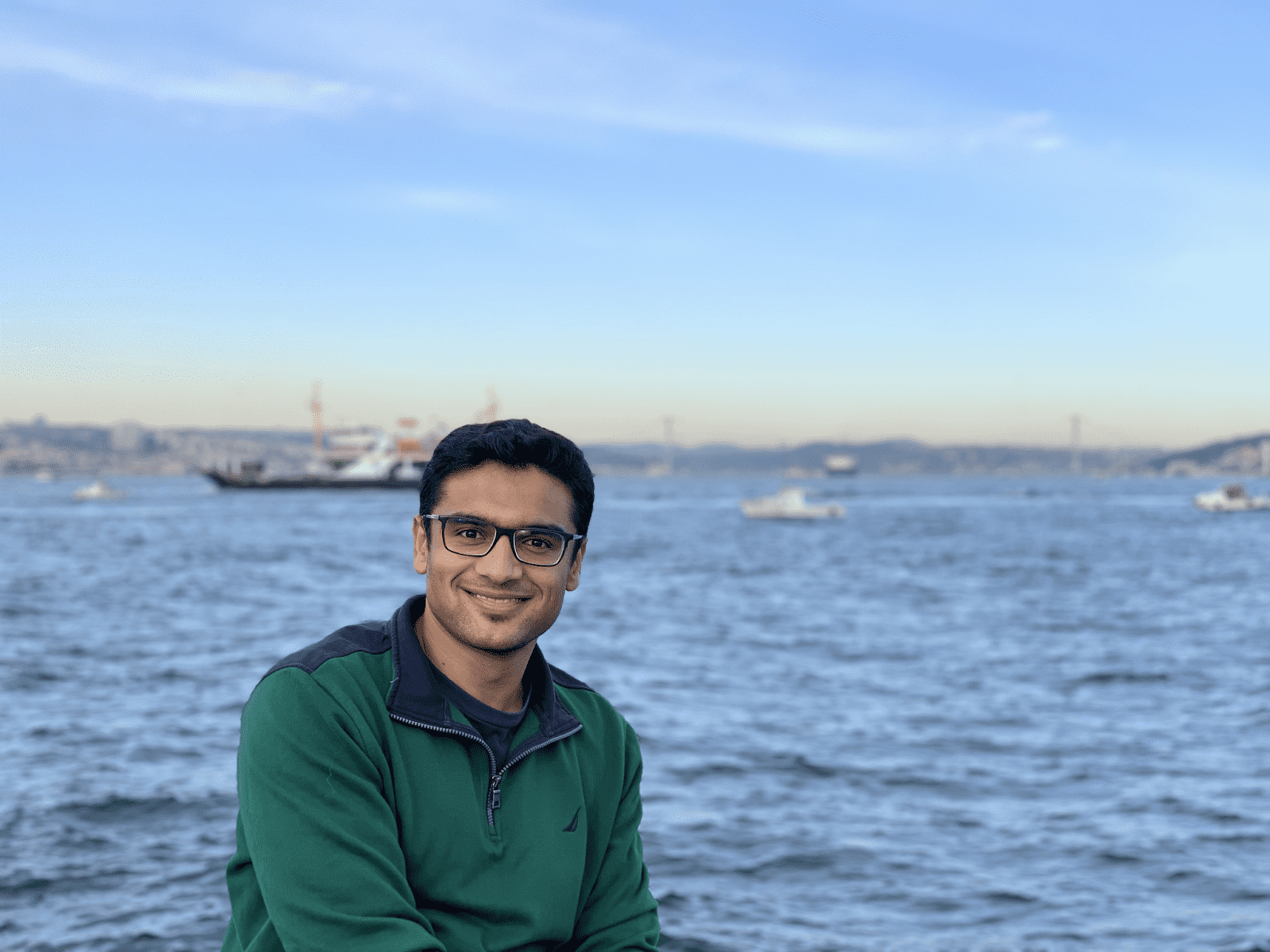I chose mechanical engineering because I wanted to work on something tangible which I could touch and feel and mechanical gave me that.
B.E. Mechanical
CGPA: 9.93
EXPERIENCE
July 2019 - Present
ExxonMobil
Operations and Maintenance Engineer; Business Advisor
I work on maintenance management and planning for ExxonMobil sites across the world. We rely on Enterprise Resource Planning and data analytics to optimize maintenance practices and reduce O&M costs. It has given me good insight into the oil and gas industry and best practices in maintenance engineering.
Jan 2019 – Jun 2019
Mercedes-Benz Research and Development India
Engineering Intern
I worked as an intern in the CCS department at MBRDI and worked on underhood-CFD. I leveraged CAD and simulation tools to understand the aerodynamics around automotive engines.
May 2018 – Aug 2018
University of California, Berkeley
Summer Intern
I pursued a fully-funded summer internship as an S.N. Bose Scholar at the Lawrence Berkeley National Laboratory(LBNL) and was mentored by Dr. Ravi Prasher, Professor at U.C. Berkeley. I conducted research on utilizing radiation-based surface heating in solar-thermal desalination. I learnt about the water-energy nexus, and how renewable energy could potentially reduce the water-intensity of energy systems.
May 2017 – Jul 2017
IGCAR
Summer Research Intern
This was a crucial experience for me as it convinced me about working in the energy sector. At IGCAR, I got the opportunity to understand the working of nuclear energy technology, and the associated safety mechanisms for the same. I worked on a project related to thermal cooling systems. My guide at IGCAR was very supportive and helped me make the best use of the experience.
Dec 2016 – Jan 2017
Bombardier Transportation
Industrial Trainee
I interned at Bombardier Transportation, at the manufacturing facility in Savli, Gujarat. It was a short internship, but I was able to understand the production processes involved in the manufacturing of the DMRC(Delhi Metro Rail Corporation) and QNGR(Queensland New Generation Railway) train sets. This included the manufacturing of the train set bogies, car-bodies as well as final assembly.

